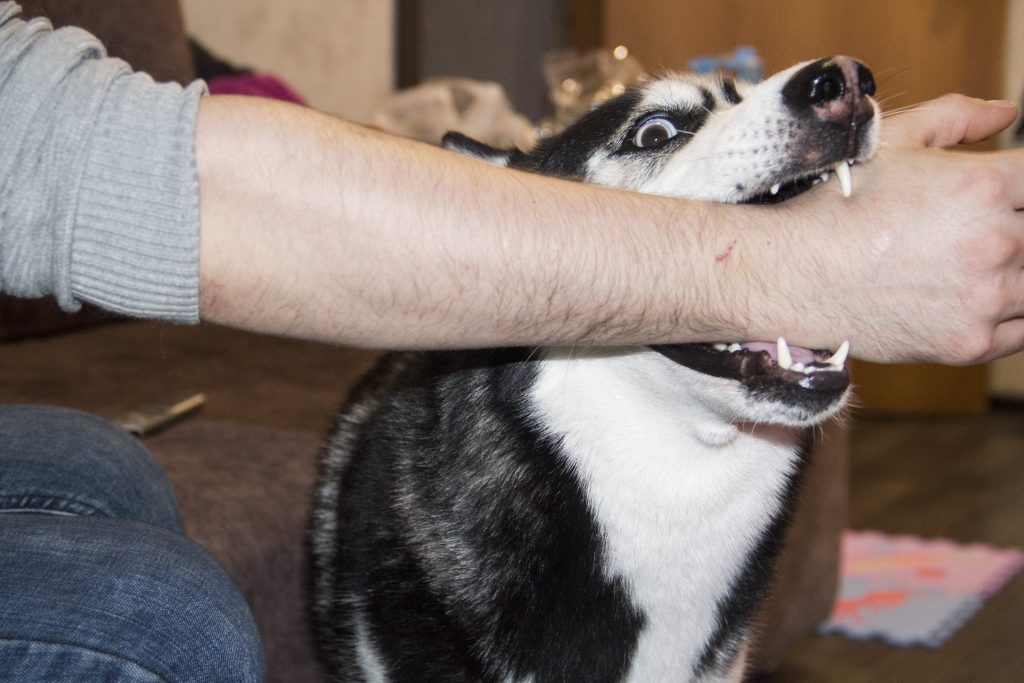Washington’s Dog Bite Laws – Strict Liability Rules and Common Defenses

Dog bites can cause significant physical injuries, emotional trauma, and financial hardship. Washington law takes these incidents seriously, holding dog owners to a high standard of responsibility. In most situations, the law applies a strict liability standard—meaning an owner may be responsible for a bite even if the dog has never shown aggressive behavior before. Understanding how this Dog Bite Laws works, and the potential defenses available, is important for both victims and dog owners.
Washington’s Strict Liability Rule
Under RCW 16.08.040, Washington imposes strict liability on dog owners when their dog bites a person who is in a public place or lawfully on private property. The victim does not need to prove the dog had a history of aggression, nor do they have to show that the owner acted negligently. Liability applies even if the owner had no prior knowledge of any dangerous tendencies. This is a significant difference from states that follow the “one-bite” rule, where an owner may not be liable for the first incident.
Who Can File a Claim
Any person bitten in a public space or while lawfully present on private property may bring a claim. This includes delivery drivers, postal workers, and utility workers performing their duties, as well as guests and social visitors. Children, in particular, often experience more severe injuries and emotional effects, which can increase the damages awarded.
Potential Damages
Victims of dog bites in Washington may be entitled to compensation for a variety of losses. This can include medical expenses for emergency treatment, surgery, and rehabilitation; lost wages during recovery; pain and suffering; and, in severe cases, damages for permanent scarring or disfigurement. Emotional distress, particularly in cases involving children, may also be recoverable.
Common Defenses
While the strict liability rule is broad, there are defenses available to dog owners. One defense is provocation, which applies if the victim teased, hit, or otherwise provoked the dog. Another is trespassing, where the victim was unlawfully on the property at the time of the bite. Washington law also makes exceptions for law enforcement or military dogs acting in the line of duty. In rare cases, an owner may argue assumption of risk if the victim knowingly placed themselves in a dangerous situation involving the dog.
Proving a Claim
Even under strict liability, building a strong case requires evidence. Medical records should be obtained immediately, and photographs of the injuries and location should be taken as soon as possible. Witness statements can help corroborate the victim’s account, and prior complaints or reports to animal control may strengthen the case.
Why Legal Representation Matters
Insurance companies and defense attorneys often attempt to reduce payouts or deny claims altogether. An experienced personal injury lawyer can ensure all damages—both immediate and long-term—are accounted for, negotiate directly with insurers, and, if necessary, file a lawsuit to protect the victim’s rights. Legal counsel also helps navigate disputes over provocation or trespass, which can significantly impact the outcome.
Washington’s dog bite laws offer strong protections for victims by holding owners strictly liable in most situations. However, the process of securing fair compensation still requires careful preparation and advocacy. If you or someone you love has been injured by a dog in Washington, the Law Office of Erin Bradley McAleer can help you understand your rights, evaluate your case, and pursue the compensation you deserve. Contact us today to arrange a consultation.